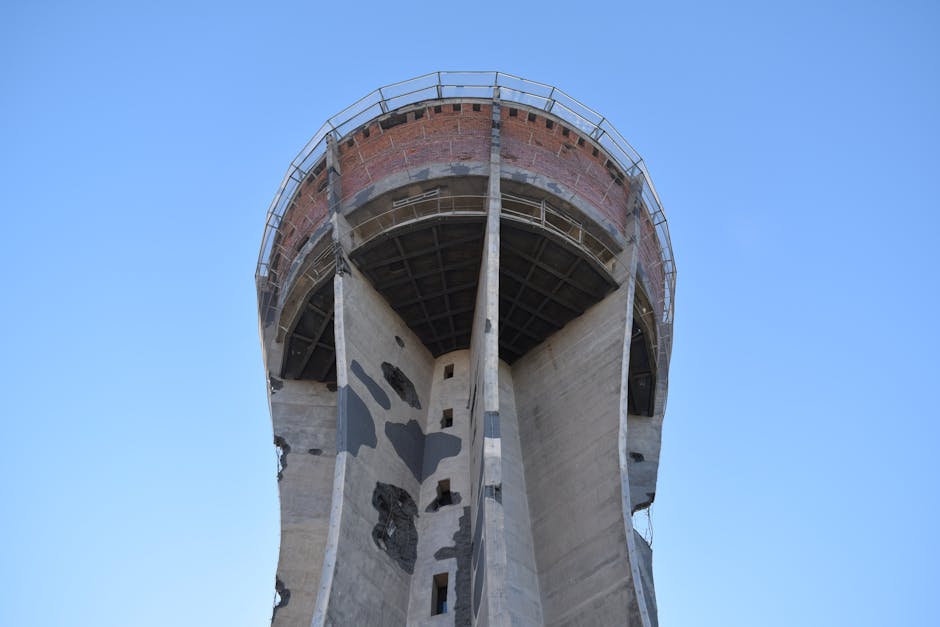⏱️ 4 min read
Top 10 Famous Battles That Changed the World
Throughout history, certain battles have proven to be pivotal moments that shaped the course of human civilization. These confrontations not only determined the immediate fate of nations but also influenced culture, politics, and society for centuries to come. Here are ten of the most significant battles that changed the world as we know it.
1. Battle of Marathon (490 BC)
This legendary battle between the Greeks and Persians marked the first major victory of Greek forces against the Persian Empire. Despite being vastly outnumbered, the Athenian army defeated the Persians, preventing their invasion of Greece. This victory preserved Greek civilization and its democratic ideals, allowing the subsequent flourishing of classical Greek culture that would become the foundation of Western civilization.
2. Battle of Waterloo (1815)
The final defeat of Napoleon Bonaparte by the Allied forces under the Duke of Wellington and Prussian Field Marshal Blücher marked the end of the French military dominance in Europe. This battle reshaped the European continent’s political landscape, leading to decades of relative peace and the establishment of a new balance of power that would influence European politics until World War I.
3. Battle of Gettysburg (1863)
The turning point of the American Civil War, this three-day battle resulted in over 50,000 casualties and marked the failure of Confederate General Robert E. Lee’s invasion of the North. The Union victory preserved the United States as one nation and ensured the eventual abolition of slavery, fundamentally changing American society.
4. Battle of Stalingrad (1942-1943)
This brutal battle between Nazi Germany and the Soviet Union marked the turning point of World War II in Europe. The Soviet victory halted the German advance eastward and began the push toward Berlin. With approximately two million casualties, it remains one of the bloodiest battles in military history and signaled the beginning of the end for Nazi Germany.
5. Battle of Hastings (1066)
When William the Conqueror defeated King Harold II of England, it led to the Norman Conquest of England. This battle transformed English society, language, and culture. The Norman influence on English language and customs persists to this day, and the battle marked the last successful foreign invasion of Britain.
6. Battle of Vienna (1683)
The defeat of the Ottoman Empire’s attempt to capture Vienna halted Islamic expansion into Europe. This battle marked the beginning of the decline of Ottoman power and helped preserve Christian European culture. The victory of the combined Polish-Austrian forces reshaped the balance of power in Eastern Europe for centuries to come.
7. Battle of Yorktown (1781)
The decisive victory of American and French forces over the British led to American independence. This battle effectively ended the American Revolutionary War and established the United States as an independent nation. The creation of the first modern democratic republic would go on to influence revolutionary movements and democratic aspirations worldwide.
8. Battle of Midway (1942)
This naval battle in the Pacific Theater of World War II marked a crucial turning point. The American victory destroyed four Japanese aircraft carriers and effectively ended Japanese naval supremacy in the Pacific. This battle changed the course of the war in the Pacific and established the United States as a dominant naval power.
9. Battle of Actium (31 BC)
The naval battle between Octavian and the combined forces of Mark Antony and Cleopatra determined the future of Rome. Octavian’s victory led to his emergence as Augustus, the first Roman Emperor, effectively ending the Roman Republic and establishing the Roman Empire that would dominate Europe, North Africa, and the Middle East for centuries.
10. Battle of Tours (732)
Charles Martel’s victory over the Umayyad Caliphate’s forces halted Islamic expansion into Western Europe. This battle preserved Christian European culture and established the Franks as the dominant force in western Europe, laying the groundwork for Charlemagne’s empire and the eventual development of medieval European civilization.
Conclusion
These ten battles represent crucial turning points in world history, each with far-reaching consequences that extended well beyond their immediate military outcomes. From preserving cultures and religions to establishing new nations and empires, these conflicts shaped the political, social, and cultural landscape of the world we live in today. Understanding these pivotal moments helps us comprehend how military engagements have influenced the development of human civilization and continue to affect global relations in the modern era.
While these battles are notable for their military significance, their true importance lies in their lasting impact on human society, governmental systems, and cultural development. They serve as reminders of how single events can dramatically alter the course of history and influence countless generations to come.


